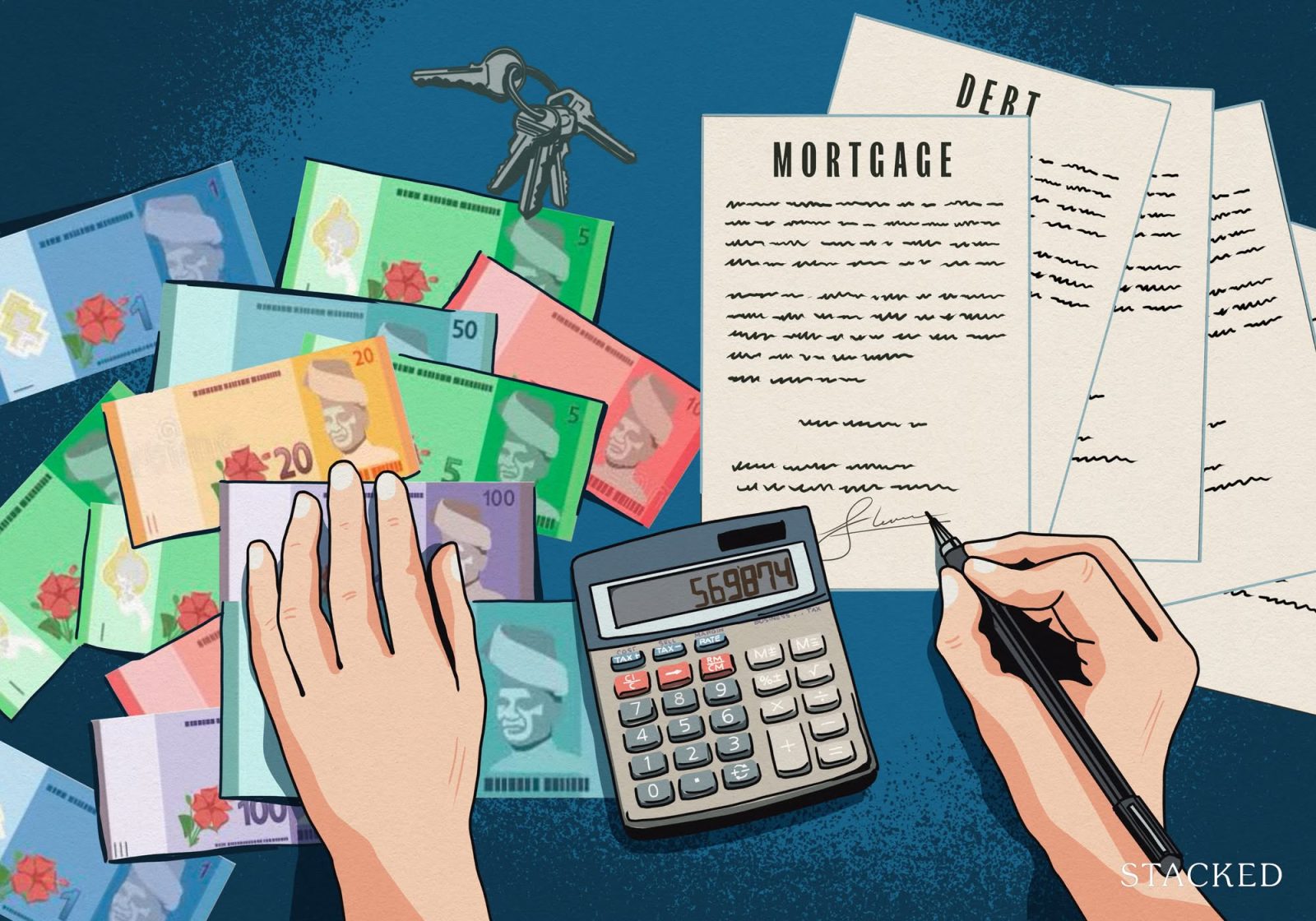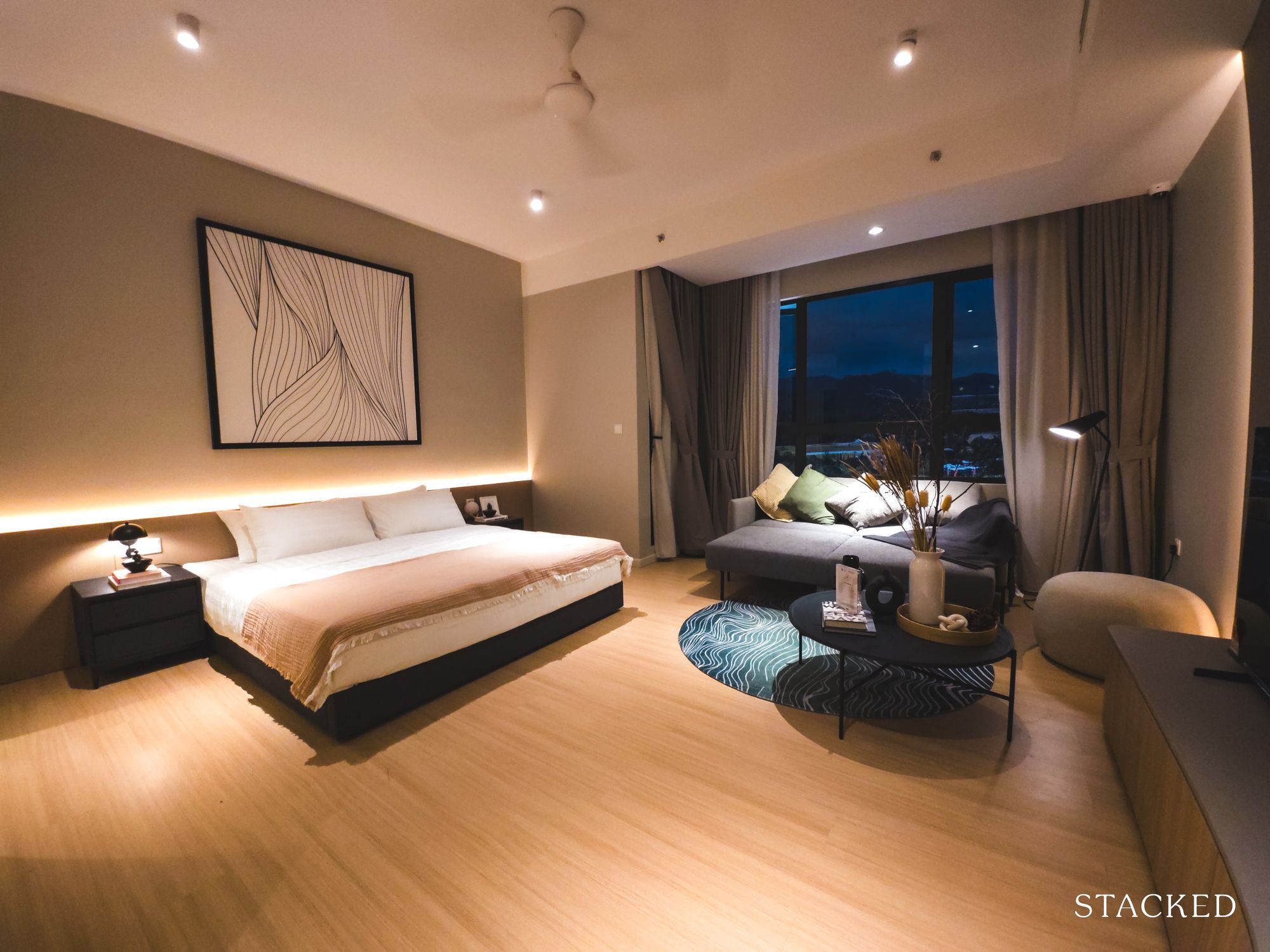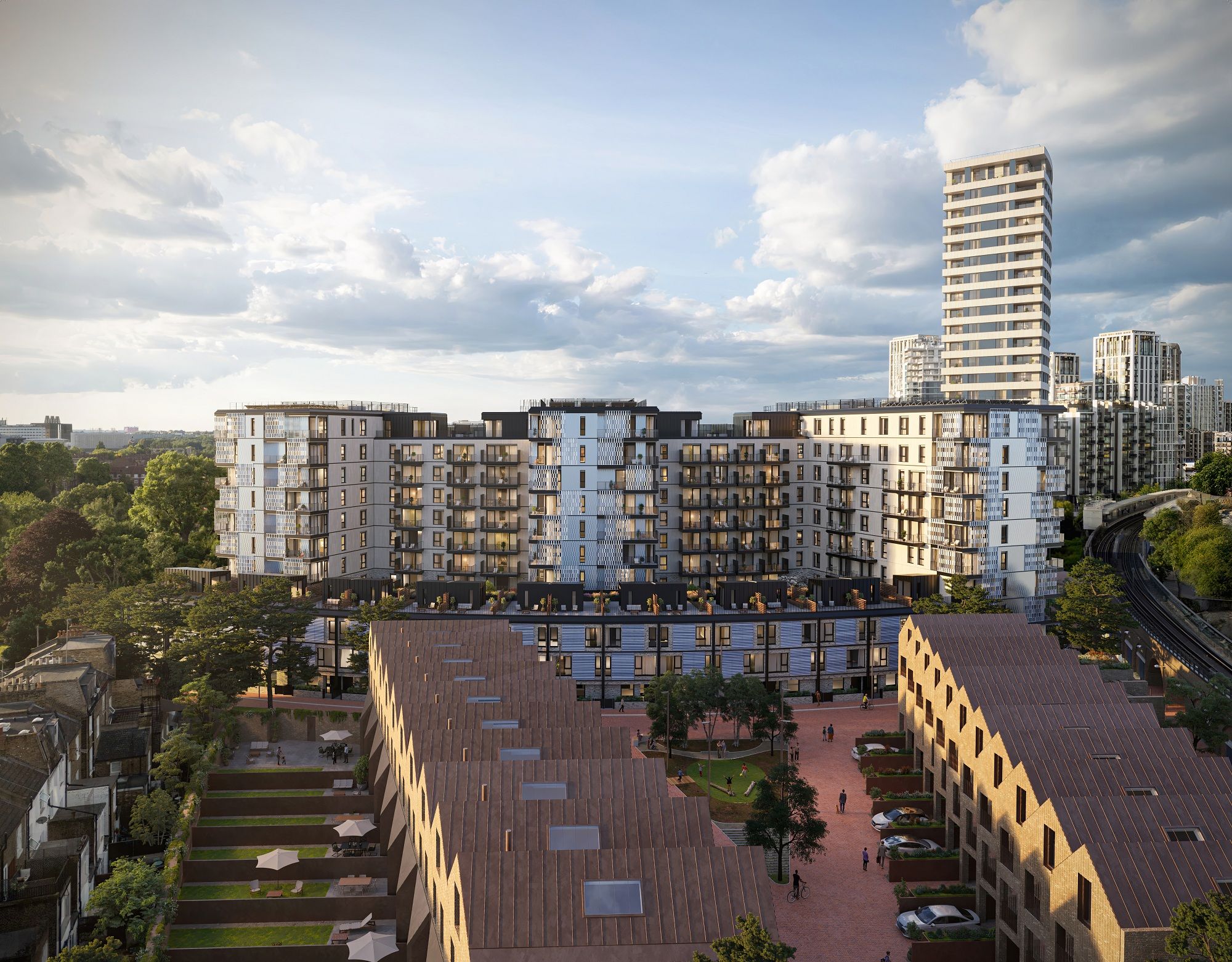Why I Bought 7 Properties in Johor Bahru, and Will Still Buy More
July 26, 2025

We’ve all heard this one before: the would-be investor who spends years “thinking about it,” only to never buy a single property. That’s not a mistake this Malaysian real estate investor made: if anything, he jumped in almost too fast. This week, we sat down with John to talk about what he’s learned from investing (and working as a property agent) in Malaysia, why he sticks to Johor Bahru, and what he wishes more people knew before they sign on the dotted line:
The first home: quick decisions, big lessons
John’s property journey started while working in Kuala Lumpur, and it was driven by plain old math. “The rent I was paying was about the same as a mortgage installment,” he recalls. “So I thought, why not just buy it?”
Now, for the record, we don’t think it should be that straightforward: we understand John’s point of view, that rental is pure overhead, whereas a mortgage leads to ownership. However, this must be considered in conjunction with other factors, such as available capital and future rental/resale concerns (although in this case, John was acting more as a pure owner-occupier).
John’s first home was a fully furnished resale townhouse; it was move-in ready, he could inspect it directly, and he was able to decide within 15 minutes of viewing it. No research, no second-guessing.
It worked out; mostly. But there was one hard lesson: the bank’s valuation came in lower than the purchase price, and he had to cough up a big down payment to make up the difference.
“I definitely learned to check valuations and do more homework before jumping in,” he says.
This is, by the way, similar to what a buyer might encounter in Singapore: the valuation does not always match the selling price. But do be aware that the bank which accepts the highest valuation may not have the lowest interest rates.
Nonetheless, the quick decision marked John’s foray into property, and the speed of the decision seemed to pay off: he got into the market early, when prices were still lower.
Why Johor Bahru remains his turf

Unlike many investors who spread their bets across Malaysia, John keeps all his investments concentrated in Johor Bahru.
The reason? “I prefer to invest in properties I can actually monitor in person,” he says. “It gives me more peace of mind.”
This also makes sense in other ways, such as being more familiar with the neighbourhood and existing changes (e.g., what happens if the nearest supermarket closes, or a new mall opens?) and building a base of services you can trust – some landlords, for instance, have working relationships with local plumbers, electricians, etc. which can help to keep costs low.
John is also confident about JB’s long-term prospects. With the RTS link under construction, he sees increased economic activity and stronger cross-border demand ahead. “I think Iskandar is going to shine in the next five years,” he adds. This is in contrast to previous years, when cross-border arrangements were more unilateral.
In this sense, it’s about keeping an eye on where the market is headed, not just where it is now, and JB still has strong growth potential.
His strategy today: value, not hype
John’s outlook on real estate is more defensive than speculative. “I see property as a hedge against inflation. I focus on value rather than chasing the highest possible profit.”
That said, his strategy has evolved since the early days. Today he looks for:
- Good locations that make it easier to sell later, if needed
- Properties that are Airbnb-friendly (to raise rental income and yields)
- Condominiums, which in JB tend to outperform landed properties for rental returns
Airbnb has been a big part of boosting his returns. While typical long-term rental yields in JB might hover around four to six per cent, his Airbnb units are pulling in up to 10 per cent yields thanks to shorter stays, and higher per-night rates.
“In the right location, near CIQ or Medini, you can earn much better income with Airbnb than with a regular tenancy,” he notes.
More from Stacked
Freehold vs Leasehold: Can You Really Prove Which Is Better? (Part 1)
In the wake of the Falkland Campaign that waged between Argentina and the United Kingdom 38 years ago, Margaret Thatcher…
The Airbnb option is possible in JB but not in Singapore, as Singapore requires a minimum tenancy of three months.
Financing and managing the portfolio

John uses Malaysian bank loans to finance his purchases, leveraging rental income to qualify for more.
When John applies for a property loan, the bank looks at something called his debt service ratio (DSR) – essentially a measure of how much of his monthly income is already being used to pay debts. This is similar to the Mortgage Servicing Ratio (MSR) or Total Debt Servicing Ratio (TDSR) in Singapore.
The lower the DSR, the healthier his financial position looks, and the more likely the bank is to approve another loan.
This is where his rental income counts: because his first property already generates steady rental income, the bank counts a portion of that income when assessing his ability to service a second loan. That keeps his DSR within a comfortable range and makes him eligible to borrow again.
That being said, we are not experts on loan processes in Malaysia. For more details on financing, you’ll need to contact a local expert across the causeway; what we’ve presented is a general idea of how it works only.
One unique draw of a Malaysian property portfolio?
“It’s one of the rare countries where foreigners can own freehold properties, and there’s no cap on how many,” John points out. This makes it much easier to scale up and plan exit strategies.
As for navigating the process, he doesn’t rely on others, because he’s an agent himself; so he always knows who to trust! This is, admittedly, an advantage he’ll have that you probably won’t; so it’s worth thinking about.
John currently manages his properties personally, and hasn’t sold any yet. His long-term goal is clear: build up to 10 properties, with reliably low vacancy rates: “With 10 properties, I’d have around $10,000 a month in passive income. That’s the plan.”
This sort of property count is far less probable in Singapore, because (1) each outstanding home loan you have lowers the maximum you can borrow on the next loan, and (2) rental income, like other variable income, counts as being 30 per cent lower for debt servicing ratios.
The challenges, and what new investors get wrong
It hasn’t all been smooth sailing, of course. Tenant management is one of the trickiest aspects, though he credits his team for keeping things under control.
His biggest mistake? Not running the numbers on his first deal properly, and letting emotions (and a good sofa set) do the deciding.
And his biggest advice to others: stop overthinking.
“Some of my friends have been talking about buying for years, and still haven’t bought anything. Just take action.”
When asked how he reacts to regulatory changes, he stays calm: “If rules aren’t in your favour right now, don’t panic and sell. Hold on, policies change over time.”
One last tip he wants to share: be cautious of projects with ultra-low down payments.
“In JB, some projects attract lower-income buyers with very low entry costs. But when the project completes, those buyers often undercut each other on rent, which drags down the rental market, and property values suffer too. Pay a proper down payment, and you’ll get better neighbours and more stable rents.”
Final thoughts
For John, real estate is as much about discipline as it is about opportunity: knowing when to act, when to hold, and when to walk away from hype. Airbnb, smart location picks, and a willingness to act have made his JB portfolio stand out; and he believes the market still has plenty of potential.
At Stacked, we like to look beyond the headlines and surface-level numbers, and focus on how things play out in the real world.
If you’d like to discuss how this applies to your own circumstances, you can reach out for a one-to-one consultation here.
And if you simply have a question or want to share a thought, feel free to write to us at stories@stackedhomes.com — we read every message.
Frequently asked questions
Why does the investor prefer to buy properties in Johor Bahru instead of other parts of Malaysia?
What strategy does the investor use when selecting properties in Johor Bahru?
How does the investor finance his property purchases in Malaysia?
What are the benefits of owning freehold properties in Malaysia for foreign investors?
What advice does the investor give to new property buyers?
What has been one of the investor’s biggest lessons from his property journey?
Ryan J. Ong
A seasoned content strategist with over 17 years in the real estate and financial journalism sectors, Ryan has built a reputation for transforming complex industry jargon into accessible knowledge. With a track record of writing and editing for leading financial platforms and publications, Ryan's expertise has been recognised across various media outlets. His role as a former content editor for 99.co and a co-host for CNA 938's Open House programme underscores his commitment to providing valuable insights into the property market.Need help with a property decision?
Speak to our team →Read next from Overseas Property Investing

Overseas Property Investing Savills Just Revealed Where China And Singapore Property Markets Are Headed In 2026

Overseas Property Investing What Under $200K Buys In Malaysia Today — From Freehold Apartments to Beachfront Suites

Overseas Property Investing A London Landmark Is Turning Into 975-Year Lease Homes — And The Entry Price May Surprise Singapore Buyers

Overseas Property Investing This Overlooked Property Market Could Deliver 12–20% Growth — But There’s a Catch
Latest Posts

Pro River Modern Starts From $1.548M For A Two-Bedder — How Its Pricing Compares In River Valley

New Launch Condo Reviews River Modern Condo Review: A River-facing New Launch with Direct Access to Great World MRT Station

On The Market Here Are The Cheapest 5-Room HDB Flats Near An MRT You Can Still Buy From $550K






































0 Comments